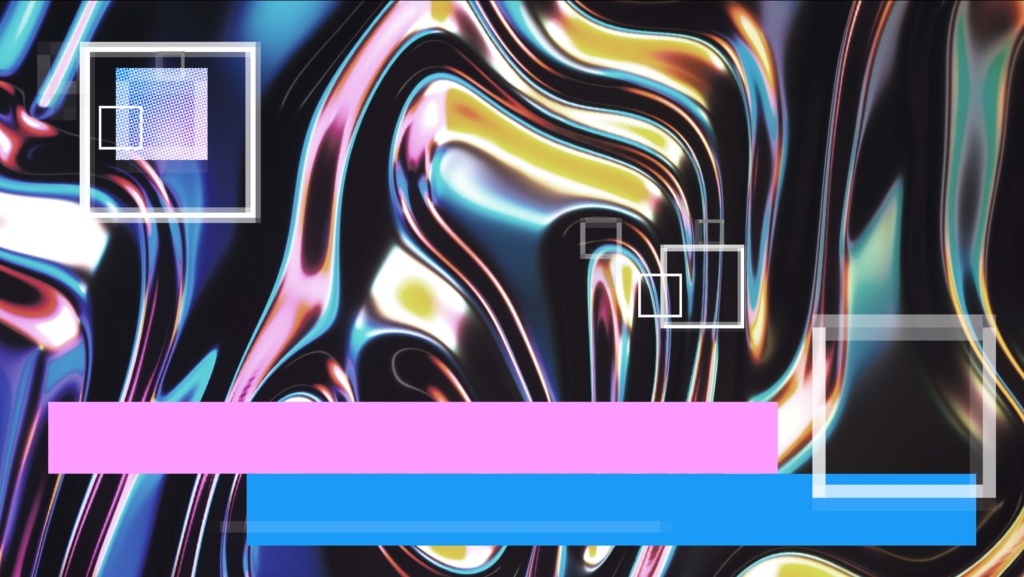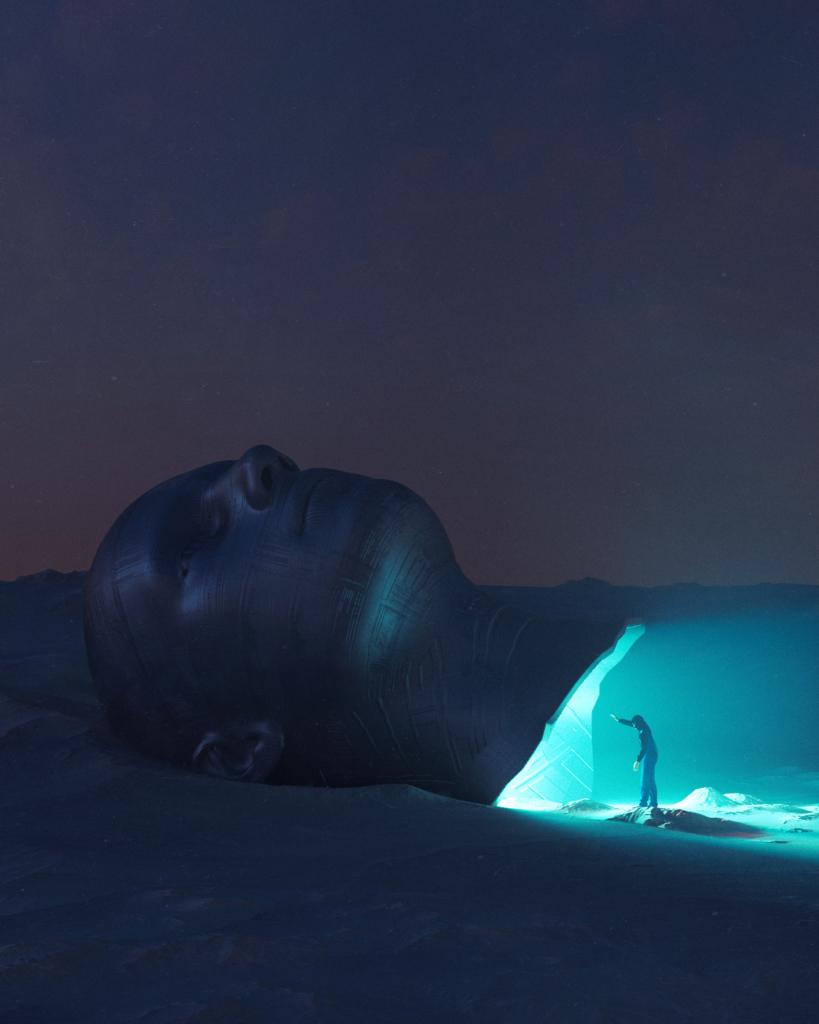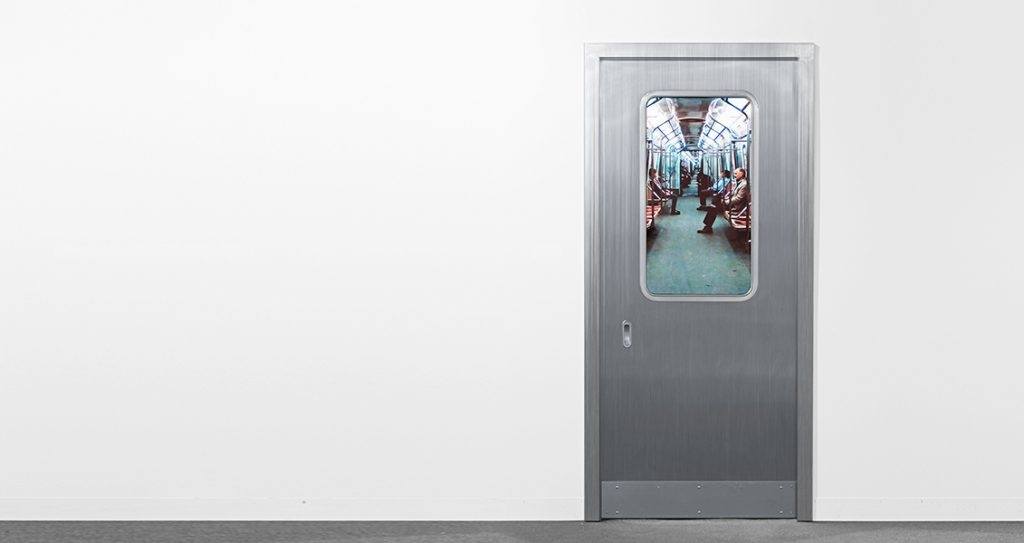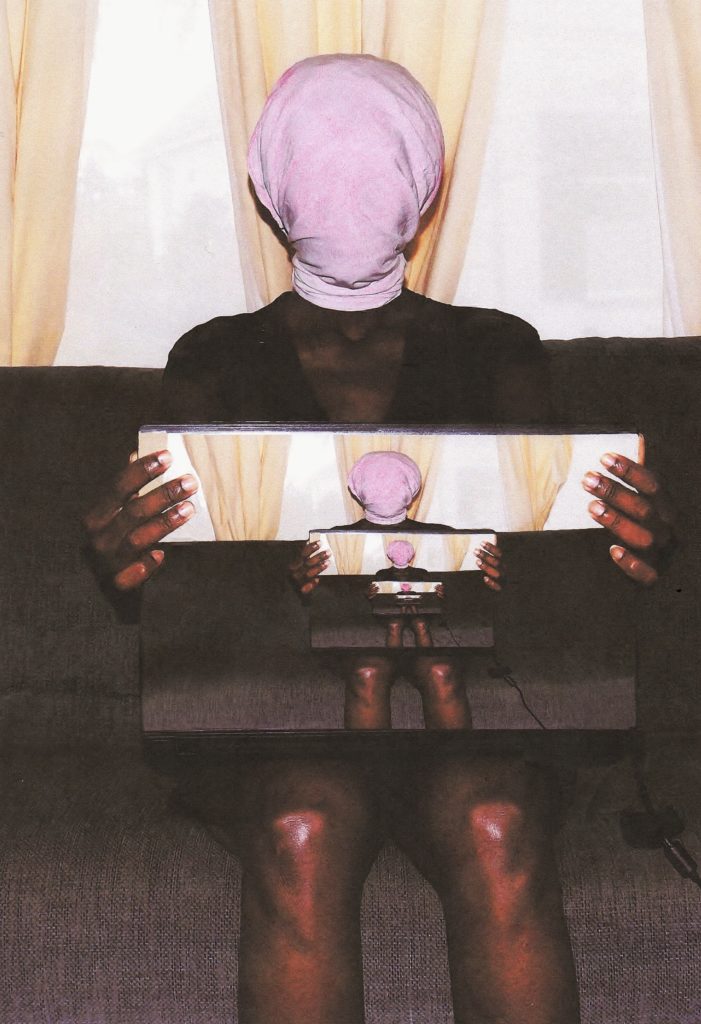Topics
Memes
The viral circulation of culture
Endless Nameless
Gender online is no longer something that is witnessed so much as something that is felt. Memes that seem merely playful at first open up new ways of defining and embodying gender, returning the means of construction to users — as something less like a binary characteristic, or even an item in a list of options, and more like a “mood” or a “vibe.”
Sharper Image
On internet fashion forums, users post outfits adapted for the message board or timeline, rather than public space. Their grammar reflects that of memes themselves: Fashion trends, untethered from the limitations of real time, encompass entire ways of being, arrived at collaboratively and then passively falling away.
How to Do Things With Memes
Memes are not deposits of exclusionary knowledge and archaic references — at least, they’re not just that. They don’t just name things; they also do the work of creating and collapsing contexts. They don’t reproduce a world but bring one into being. They are what Wittgenstein calls language games.
It’s All You
Relatability memes, once a tool against universalizing discourses, can end up being deployed in favor of general participation and reiterating the very discourses that they were once against. It becomes a mechanism of virality divorced from particular content or the expectation of interpretation.
Apocalypse Whatever
Shitposting tends to defy analysis. Shitposters, who are bound by nothing, set a rhetorical trap for their enemies, who tend to be bound by having an actual point. Attempts to analyze what shitposters are doing, or what their posts really mean, does nothing to defuse them; instead it reinforces their project by amplifying their signal.
The Poetry of Digital Life
Memes are our quintessential contemporary poetry because they tap into the essence of what poetry does in any medium, seizing upon the possibilities and juxtapositions of being page and text simultaneously to permit a range of expression. They derive meaning from the tension between word and image, and they also straddle the line between personal and collective experience, between popular and elite forms.
Poor Meme, Rich Meme
Memes and Blackness are intertwined, and the meme’s tactical similarity to historical Black cultural forms makes them — predictably — vulnerable to appropriation and capture. But if memes reiterate the inequities between Black creators and white appropriators, can they also move us into a new collective Blackness?






